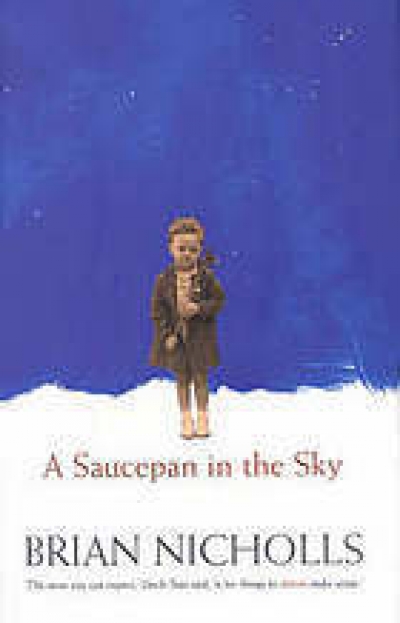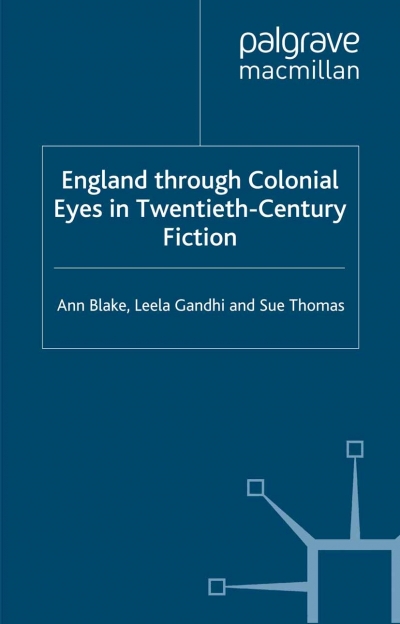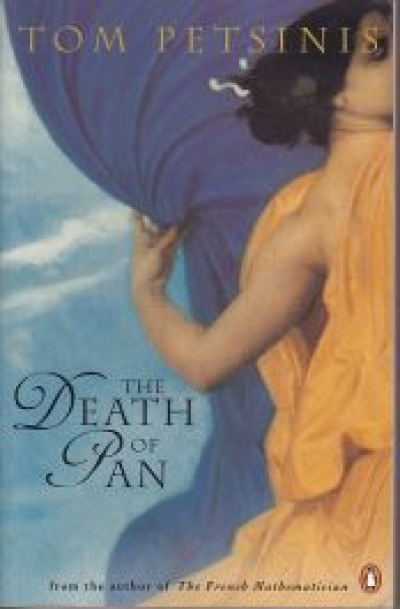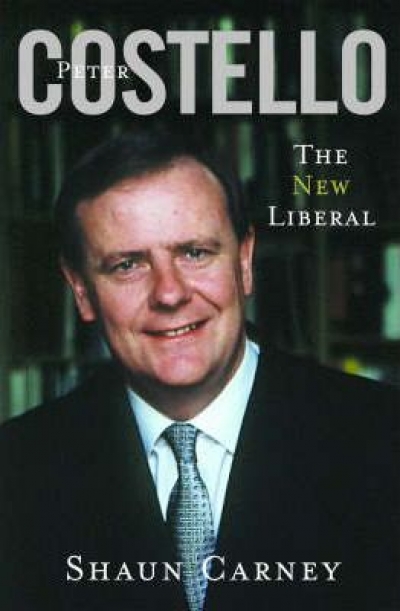In the August 2001 issue of Meanjin, M.T.C. Cronin writes of poetry: ‘The poems are not as useful as ribs but like them do protect life and when removed from the body grow certain murmurings of the mind.’ No matter how chaotic or runic her prose pronouncements, Cronin’s poems are quirky and original at best, diffuse and repetitive at worst. Cronin continues to ‘just go on your nerve’, as Frank O’Hara wrote. There is the same mock candour as well as the same, often-disjointed tones as in her first book, Zoetrope (1995): ‘I do not have the time / To transform my life into a vision.’ Bestseller, Cronin’s fourth book, does signal changing preoccupations, as its title suggests. More specifically, it centres on the life of the Poet. Although Cronin’s images can lead into perky unexpected sequences, this book would have been stronger if some poems had been omitted, especially some of the shorter ones, such as ‘Cheers’, ‘Searching’ or ‘Then, Then, Then’. Some poems fizzle out in less interesting directions than those they seem to promise; they pick garrulously but semi-consciously at random images – ‘the trees wobbling like boxers / with their ungrouped leaves / moving like sand through / my outstretched eyes’.
...
(read more)










